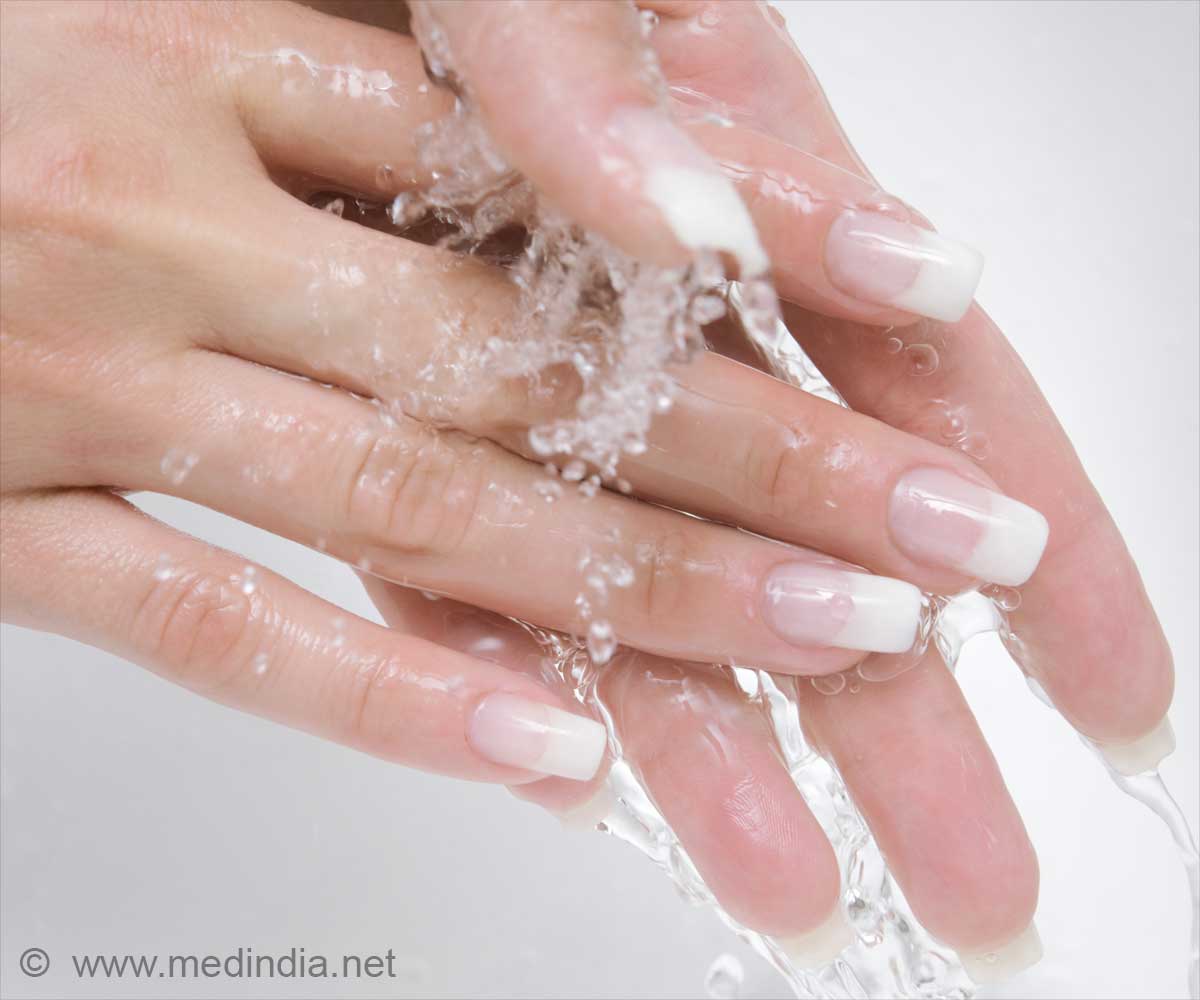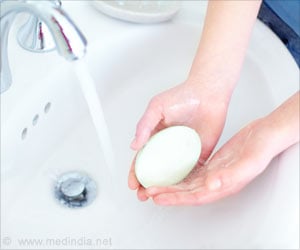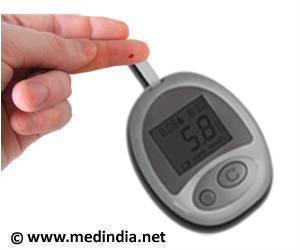Can too much handwashing cause skin damage? Yes, overwashing can strip your skin's natural oils, leading to rashes, dryness, and irritation.

- Excessive handwashing strips the skin of its natural oils, causing dryness and rashes
- Fragrances, preservatives, and high alcohol content in soaps can trigger skin reactions
- Nurses and frequent hand washers are more prone to irritant contact dermatitis
Frequent Hand Washing for COVID-19 Prevention Can Cause Hand Dermatitis: Management Tips
Go to source). Here’s what you should know. Dr. Shireen Furtado, Senior Consultant, Medical and Cosmetic Dermatology, Aster CMI Hospital, Bengaluru, told the OnlyMyHealth team that excessive handwashing could have a negative impact on your skin health, often resulting in dryness and irritation.
Nurses are more prone to skin irritation due to frequent handwashing, with up to 85% experiencing skin issues! #skincare #handwashing #medindia’
Frequent Handwashing Can Cause Skin Rashes
"When you wash your hands frequently, the water and soap might remove natural oils from your skin, which are necessary to keep it moisturised and protected. This can decrease your skin’s barrier, making it more susceptible to environmental irritants and allergies. As a result, you may experience rashes, redness, and even dermatitis," he says.Substances that Cause Skin Reactions
He lists a few chemicals, adding that scents, preservatives, and certain alcohols can trigger allergic responses or sensitivities in certain people.Synthetic perfumes, which are commonly employed to boost aroma, can be especially irritating and cause contact dermatitis in those with sensitive skin. Preservatives such as parabens and formaldehyde-releasing compounds are routinely used to lengthen shelf life, but they can also cause severe skin reactions. While high alcohol concentrations are excellent in killing germs, they can also deplete the skin’s natural oils, causing dryness and irritation.
Nurses are More Prone to Irritant Contact Dermatitis
Irritant contact dermatitis is especially common among nurses due to the repeated use of hand hygiene products, notably soaps and other detergents (2✔ ✔Trusted SourcePrevention of irritant contact dermatitis among health care workers by using evidence-based hand hygiene practices: a review
Go to source). The incidence ranges from 25-55%, with up to 85% having a history of skin problems.
Handwashing Techniques to Prevent/Reduce Skin Rashes
Specific handwashing techniques can significantly reduce the occurrence of skin discomfort. According to Dr. Furtado, it is critical to experiment with different procedures, such as using lukewarm water instead of hot or cold, using mild, fragrance-free soaps, and drying properly. All of these approaches can help you wash your hands more gently.Furthermore, the frequency and length of handwashing with water and soap might have a substantial impact on skin health. As a result, it is critical to thoroughly investigate these issues in order to develop best practices that prioritise both hygiene and skin health.
Common Symptoms of a Rash Due to Excessive Handwashing
- Persistent redness
- Dryness and flaking
- Formation of tiny pimples or blisters on the skin
Dr. Furtado adds that timely medical intervention can help prevent further issues and provide appropriate treatment options customized to the skin’s individual state.
References:
- Frequent Hand Washing for COVID-19 Prevention Can Cause Hand Dermatitis: Management Tips - (https://pubmed.ncbi.nlm.nih.gov/32373409/)
- Prevention of irritant contact dermatitis among health care workers by using evidence-based hand hygiene practices: a review - (https://pubmed.ncbi.nlm.nih.gov/18057807/)
Source-Medindia















